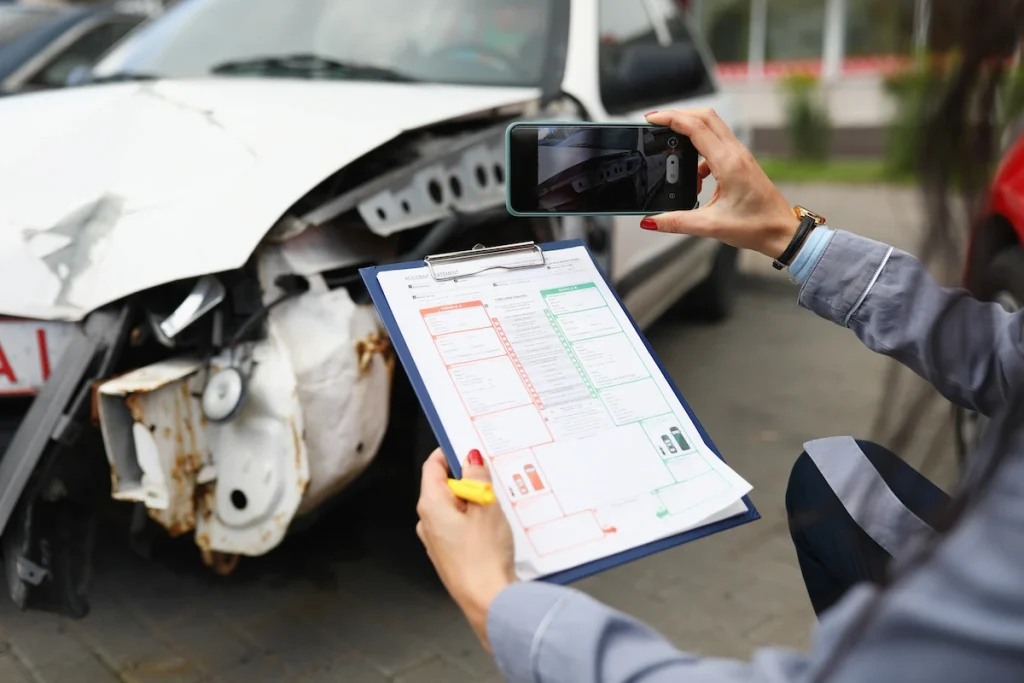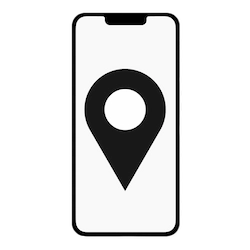What to Do After a Minor Car Accident?
– A Comprehensive Guide
Even if it’s just a fender-bender, a minor car accident can lead to adrenaline and confusion. Knowing the appropriate steps to take can help ensure safety, protect your rights, and potentially save you from future complications. Here’s what you should do:
1. Ensure Safety First
Even if the accident is minor, safety is paramount:
- Move to a Safe Spot: If the vehicles are causing a traffic hazard, move them to the side of the road. If that’s impossible, turn on your hazard lights to warn other drivers.
- Check for Injuries: Examine yourself and other involved parties for any injuries. Remember, some injuries might not be immediately apparent.
2. Stay Calm and Do Not Admit the Fault
It’s natural to feel a myriad of emotions, but try to remain calm:
- Avoid Confrontation: Engaging in arguments can escalate the situation.
- Do Not Admit Fault: Don’t admit liability even if you believe you were at fault. There may be factors you aren’t aware of, and admitting guilt can complicate insurance claims.

3. Document Everything
Even in minor accidents, gathering evidence is crucial:
- Take Photos: Use your phone to photograph vehicle damages, license plates, and the overall accident scene.
- Gather Information: Exchange details with the other driver—names, contact information, insurance details, and vehicle registration numbers.
- Eyewitness Accounts: If there are witnesses, collect their names and contact information. They might be needed to provide statements later.
4. Call the Police
While it might seem excessive for a minor accident:
- Create an Official Record: Having a police report can protect you if the other party changes their story or if injuries surface later.
- Legal Obligations: Some jurisdictions require the reporting of any accident, no matter how minor.
5. Seek Medical Attention
Even if you feel fine:
- Get Checked: Some injuries, like whiplash or concussions, don’t manifest immediately. A medical record right after the accident can be crucial for potential insurance claims.
- Document Medical Visits: Keep track of any treatments or consultations, as these can be important if a claim arises.
6. Report the Accident to Your Insurance
No matter how minor:
- Inform Your Insurer: Always notify your insurance company about the accident, even if you decide not to file a claim. This protects you if the other party files a claim or damages/injuries become more significant than initially thought.
- Understand Your Coverage: Familiarize yourself with your policy to understand what is covered and your responsibilities.
7. Be Wary of Early Settlement Offers
If the other party’s insurance contacts you:
- Avoid Instant Commitments: They might offer a quick settlement, but it could be less than needed to cover your damages or medical expenses.
- Consult First: Before accepting any offers, it might be wise to speak with an attorney or at least fully understand the extent of damages and potential costs.
8. Keep a Record
Document all post-accident actions:
- Jot Down Details: Write your version of events as soon as possible to ensure clarity and accuracy.
- Maintain a File: Include all photographs, medical reports, police reports, and any communication with insurance companies.
9. Monitor Your Mental Health
Accidents, even minor ones, can be traumatic:
- Watch for Symptoms: Anxiety, nightmares, or reliving the accident can be signs of post-traumatic stress.
- Seek Help if Needed: Don’t hesitate to consult with a professional if you feel persistent distress.
10. Consult with Professionals
If there’s uncertainty about rights, liabilities, or the insurance process:
- Seek Legal Advice: Even a short consultation with an attorney can provide clarity.
Conclusion
While a minor car accident might seem straightforward, the aftermath can be filled with nuances that affect your financial and legal position. You can navigate the post-accident landscape effectively by being methodical in your approach, ensuring safety, thoroughly documenting the incident, and seeking the appropriate consultations.
